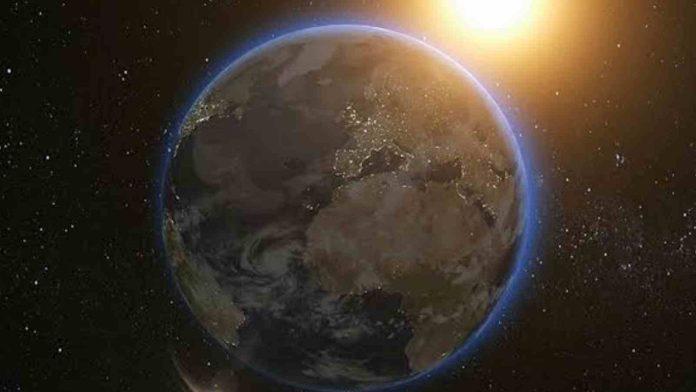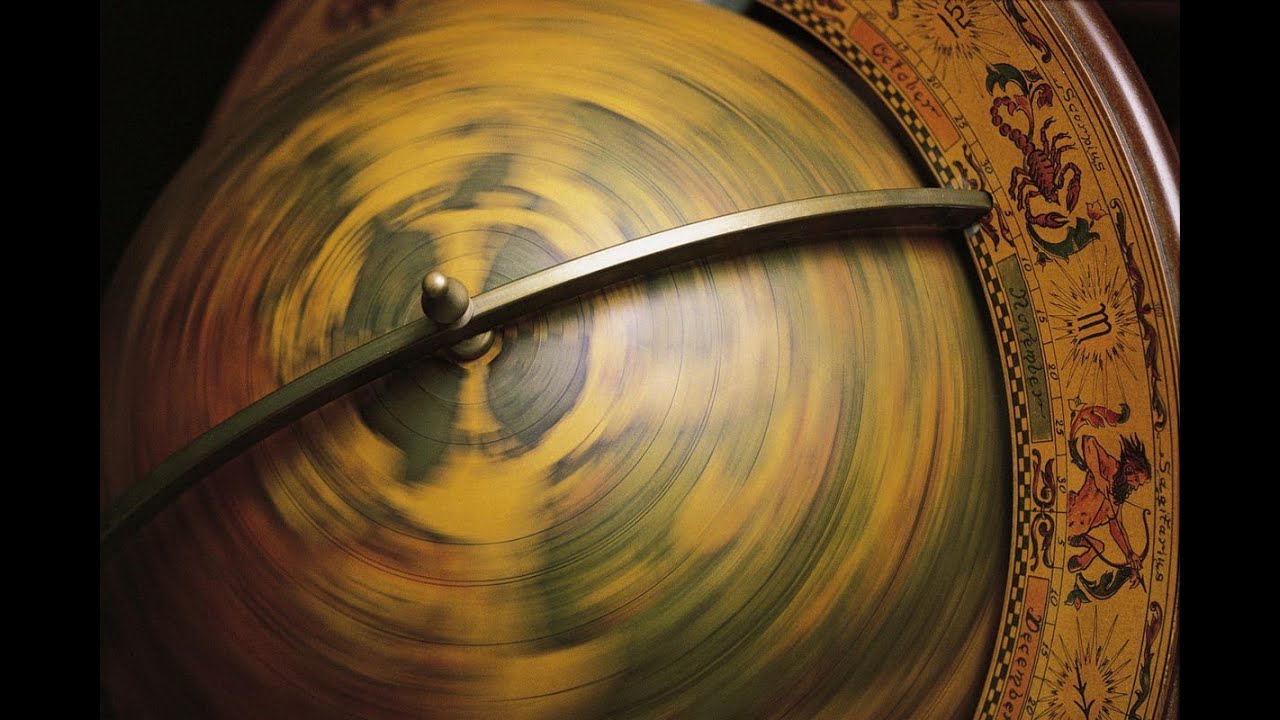Our mother Earth is in danger! There have been quite a few instances where it’s been scientifically proved that Earth has increased its rotating speed. In 2020, the Earth saw its shortest month that has ever been measured, since the 1960s. The shortest day of all time was measured that year, 1.47 milliseconds under 24 hours, on 19 July.
Although the speedy rotation continued the next year as well, it wasn’t so significant. But this time, all those previous records were broken. That’s right! The earth has recently completed its shortest rotation so far. Well, is that good? No, absolutely not!
Read more: Top 10 Deadliest Viruses On Earth Right Now
Why The Earth Is Increasing Its Speed?

Well, breaking all the previous records on June 29, our planet has completed one full spin in a time that is 1.59 milliseconds shorter than its standard 24 hours rotation. Well, for your reference, a thousand milliseconds form one single second. It nearly broke all the barriers again this month, with 26 July being 1.50 milliseconds shorter than 24 hours.
Although the studies focusing on Earth’s speed for longer periods have revealed that Earth’s speed is gradually slowing down. The planet takes a few milliseconds more to complete one spin as every century passes by. Although the causes of this are uncertain, scientists predict that the reason could be the processes in the inner or outer layers of the core, oceans, tides, or even climate change.
Some researchers have suggested that the whole issue could be related to the Chandler wobble—a small deviation in the Earth’s axis of rotation.
“This is similar to the quiver one sees when a spinning top starts gaining momentum or slows down,” stated scientists Leonid Zotov, Christian Bizouard, and Nikolay Sidorenkov who are scheduled to give a presentation at the Asia Oceania Geosciences Society next week.
The Danger Of Negative Leap Second

“If this continues, it could lead to the introduction of the negative leap second to keep the rate that the Earth orbits the Sun consistent with the measurement from atomic clocks,” the Independent reported.
But, it could potentially create problems for IT systems. In a recently-published blog that stated the leap second “mainly benefits scientists and astronomers,” Meta stated that it is a “risky practice that does more harm than good”.
The underlying reason is the clock progress which goes from 23:59:59 to 23:59:60 before resetting to 00:00:00. A time jump like this can crash programs or corrupts data due to the timestamps on the data storage.
Meta also stated that should a negative leap second occur, the clock will change from 23:59:58 to 00:00:00 and this could have a “devastating effect on the software relying on timers or schedulers”.
Read More: Top 10 Animals With Longest Life Cycle
Read More: AI Predicts Last Selfies Before End Of World, Generates Horrible Images
Do follow us on: Google News | Facebook | Instagram | Twitter






